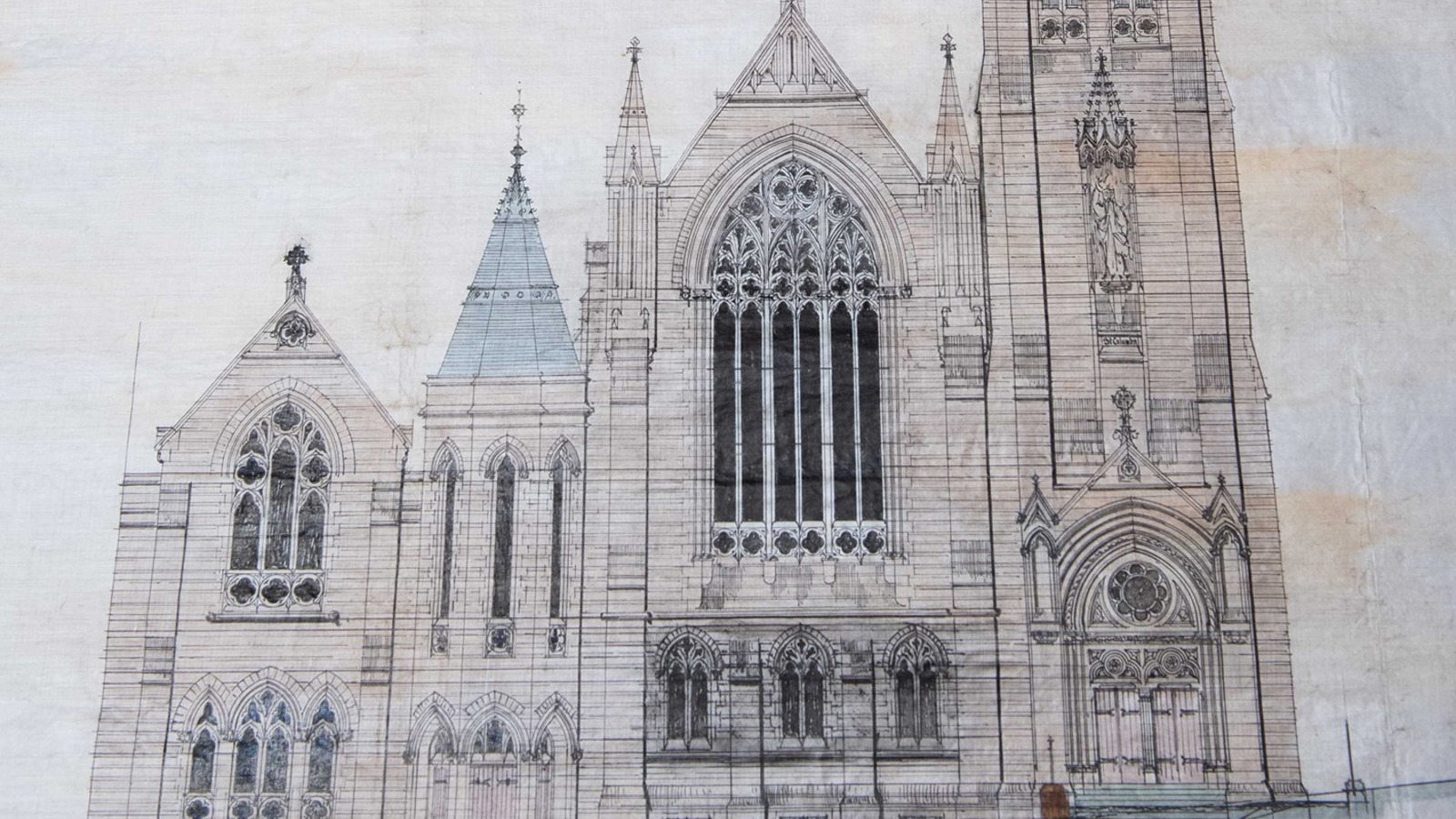Ask the Archivist - Glasgow Gaels
Our next topic was a very significant Glasgow community: its Gaels! The Q&A is below. You can also read a feature about these records in the Glasgow Times.
Q1: What organisations helped Gaels settling in Glasgow?
Many clubs and societies were formed to offer companionship and support. Some of these were based around family names. Some provided a social space for members to converse in Gaelic. Others supported the next generation of Gaels to acquire English, become educated and find work.
Our collections include records for several of these organisations. For example, those of the Buchanan Society (est. 1725) chronicle its efforts to help those named Buchanan avoid financial hardship. The Glasgow Gaelic Club (est. 1780) provided a forum for its members to speak Gaelic. There are also the records for the Glasgow Highland Club (est. 1882) which aimed to encourage study into the language, literature and history of the Highlands among other aims.
The church was also a major source of support. The early Gaels who settled in Glasgow often had no English, only Gaelic. For many, the church was the focal point of their spiritual and social life and was essential to their sense of belonging. Several Gaelic-speaking churches in the city were established including Hope Street Gaelic Free Church. Discover more about our church records in our guide.
Q2: What is Glasgow’s Highland Cathedral?
It’s the nickname for the most well-known of all Glasgow’s Gaelic churches: St Columba Gaelic Church, St Vincent Street. Beginning life in 1770 as the Gaelic Chapel on Ingram St, it moved first to Hope St and then to its present impressive neo-Gothic building in 1904. The church still provides English and Gaelic sermons and is now the only mainland church to offer its main service in Gaelic.
Q3: What type of work did Glasgow’s Gaels pursue?
The police employed many Gaels. Both the Glasgow and neighbouring burgh forces were always in need of fresh recruits who were fit, healthy and able to withstand the job’s physical demands. Their physical attributes also made them a popular choice for the police forces’ athletic associations and teams. Find out more about our police personnel records in our guide.
Many women worked in textile factories. Others became domestic servants in affluent areas. Some had friends and family already in the city but others were the first from their community to make a life in Glasgow. If their circumstances changed, they would often have no choice but to apply for poor relief for financial help. More details about our poor relief applications in our guide.
Q4: Was Gaelic taught in Glasgow’s schools?
In the early twentieth century, students had no opportunity to study Gaelic at school. While certain areas of Glasgow had large populations of Gaels, the schools which educated their children did not have Gaelic in their curriculum.
There was a growing movement to change this in the mid-twentieth century. We hold a file relating to Glasgow Corporation’s efforts to introduce Gaelic into its secondary schools during the 1940s including a survey of Gaelic speakers attending its schools in 1945. The result was that two senior secondaries (Bellahouston and Woodside) began offering Gaelic as an extra subject. A parent-led campaign was crucial in opening the first Gaelic Medium Education (GME) unit at Sir John Maxwell School in 1985. It was followed in 1999 by the first dedicated GME primary school in Glasgow, Bun-sgoil Ghàidhlig Ghlaschu, in Ashley St.
Q5: Which of your archives are written in Gaelic?
Unfortunately, not many are. For a long time, the emphasis was on learning English and generations of Gaels were raised in Glasgow without learning Gaelic. This situation worsened after the Education (Scotland) Act 1872 was passed making English the only language in which schools could teach.
As a result, we hold few archives written in Gaelic although there are some notable exceptions! For example, the Glasgow Gaelic Club’s first minute book includes its founding rules (dated 1780) in Gaelic. There are also programmes and pamphlets held in various collections such as a Glasgow Highland Club dinner menu of 1982 which includes a toast in Gaelic for the Club’s centenary dinner.

